For starters, reading aloud to your kids is always a win for encouraging your toddler to use their words. Read more to see how although reading aloud is good, but it’s not quite enough.
Share with us about your talking toddler. Are they a talker or still shy with their words, and how do you encourage them?
Up until now, having a conversation with your child has been a pretty one-sided affair. But look out! Here comes a speech tsunami. Between the ages of 2 and 3, kids start picking up words faster than you can say “chatterbox.” Just check out the stats: at age 2, most children know 20 to 200 words; by age 3, that number soars to about 1,000.
Toddlers don’t hit those high numbers on their own, however. “Parents have a huge impact on their kids’ language and speech skills,” says Janet Felice, speech-language pathologist and coordinator of clinical services at the Atlanta Speech School. And the more you encourage your child to chat, the better he’ll do in preschool and beyond. “When kids start school, teachers expect them to have a pretty strong vocabulary,” says Felice. “If your child doesn’t develop a solid foundation as a toddler, he may struggle to keep up with the class.”
Reading to your child is one of the best ways to help him start talking up a storm, but there are tons of other creative methods to encourage him. Our all-fun, no-frustration lesson plan will give your toddler plenty of practice using the four key components of speech.
A Is for Articulation
Even though your toddler’s vocabulary is expanding overnight, she’ll need lots of practice in order to build the mouth muscles that will help her say new words clearly. That sounds like a chore — but it won’t be if you use a few simple props.
A Mirror: “Your child learns to pronounce words by watching you speak, but she may become better at forming them by seeing her own mouth move as she talks,” says Megan Campbell, a speech-language pathologist in Corvallis, Oregon. Sing or recite nursery rhymes together in front of a mirror.
Tissues: They can help your toddler ace her consonants, says Felice. “Hold a tissue in front of her mouth and have her practice making the P sound,” she says. She’ll think it’s funny to watch the tissue move when she does it correctly.
FOR THE REST OF THE STORY, VISIT KATHLEEN M. REILLY OVER AT PARENT.COM (CLICK HERE)



![[Video] This 2-Yr Old Tea Time With Dad is The Most Heart-Warming Thing Ever.](http://www.toddlernews.net/wp-content/uploads/2017/01/video-this-2-yr-old-tea-time-wit-2-180x135.jpg)


![[Video] Life For Kids With This Disability Is Challenging, Until This Life-Changing Hack](http://www.toddlernews.net/wp-content/uploads/2016/10/video-life-for-kids-with-this-di-180x135.jpg)
![[Video] How To Effectively Handle A Clingy Toddler.](http://www.toddlernews.net/wp-content/uploads/2016/09/video-how-to-effectively-handle-180x135.jpg)
![[Video] People Are Loving These 10 Value-Packed Facts About Toddlers.](http://www.toddlernews.net/wp-content/uploads/2016/09/video-people-are-loving-these-10-1-180x135.jpg)
![[Video] This 3-yr-old toddler Asked Her Four- Legged Fried to Do This And when He Does It’s The Cutest Thing.](http://www.toddlernews.net/wp-content/uploads/2016/08/video-this-3-yr-old-toddler-aske-180x135.jpg)


![[Video] You Will Laugh Yourself Silly When You See This Daring Toddler Escape.](http://www.toddlernews.net/wp-content/uploads/2016/07/video-you-will-laugh-yourself-si-180x135.jpg)
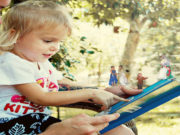
![[Shocking Report] How The NRA Has Your Toddler In The Crosshairs.](http://www.toddlernews.net/wp-content/uploads/2016/05/postnow-180x135.jpg)
![[Video] This Incredibly Exciting Audio Book Will Engage Your Toddler To Read Along.](http://www.toddlernews.net/wp-content/uploads/2016/05/video-the-incredibly-exciting-au-180x135.jpg)

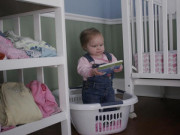
![[Video] When This Dresser Accidentally Toppled On This 2-Yr-Old I Didn’t Think He Would Live…OMG!](http://www.toddlernews.net/wp-content/uploads/2017/01/video-when-this-dresser-accident-180x135.jpg)

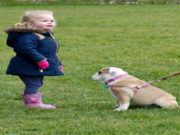
![[Video] You Might Say That These Boisterous And Spirited Twin Tots Need A Little Dinner Table Etiquette (Lol)](http://www.toddlernews.net/wp-content/uploads/2016/04/video-you-might-say-that-these-b-180x135.jpg)

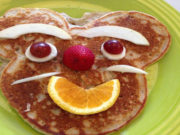
![[video] The Scary Truth About This Miracle Antidote Poisoning Your Toddler.](http://www.toddlernews.net/wp-content/uploads/2016/07/video-the-scary-truth-about-this-180x135.jpg)


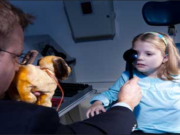
![[Video] People Are Loving These 10 Value-Packed Facts About Toddlers.](http://www.toddlernews.net/wp-content/uploads/2016/09/video-people-are-loving-these-10-1-238x178.jpg)
![[Video] This 3-yr-old toddler Asked Her Four- Legged Fried to Do This And when He Does It’s The Cutest Thing.](http://www.toddlernews.net/wp-content/uploads/2016/08/video-this-3-yr-old-toddler-aske-238x178.jpg)

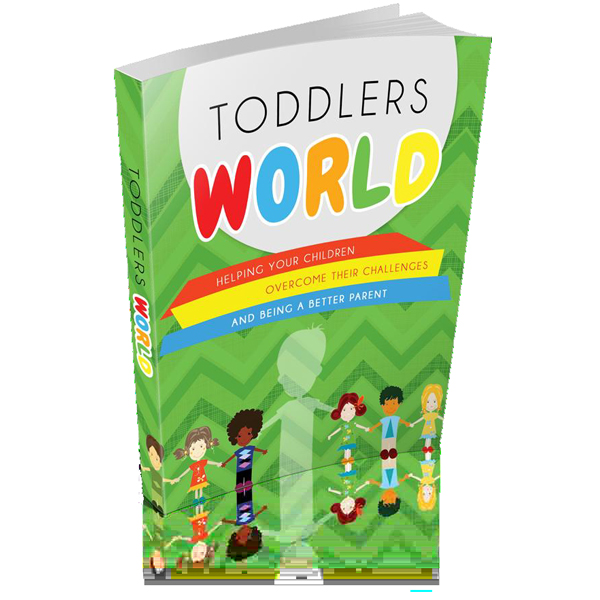


![[Video] This 2-Yr Old Tea Time With Dad is The Most Heart-Warming Thing Ever.](http://www.toddlernews.net/wp-content/uploads/2017/01/video-this-2-yr-old-tea-time-wit-2-100x75.jpg)
![[Video] When This Dresser Accidentally Toppled On This 2-Yr-Old I Didn’t Think He Would Live…OMG!](http://www.toddlernews.net/wp-content/uploads/2017/01/video-when-this-dresser-accident-100x75.jpg)

Facebook Comments Sync